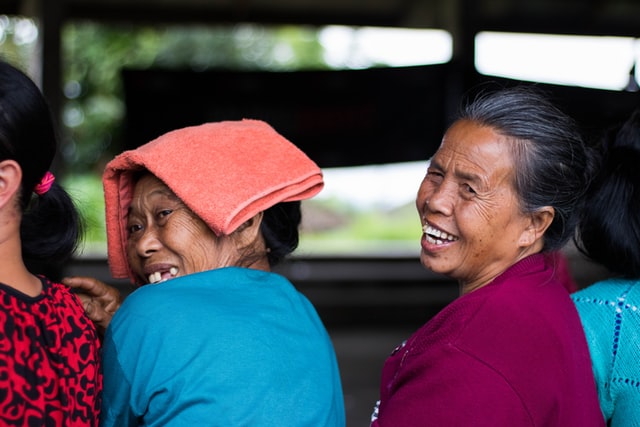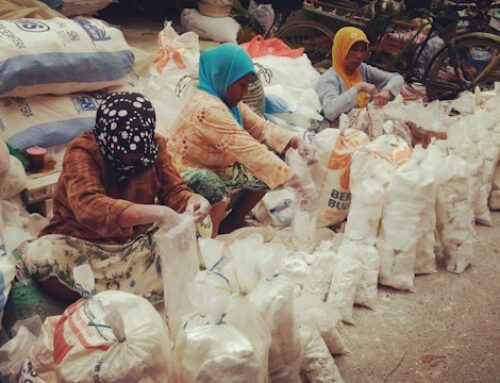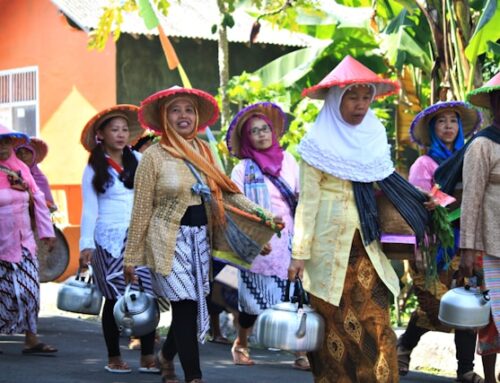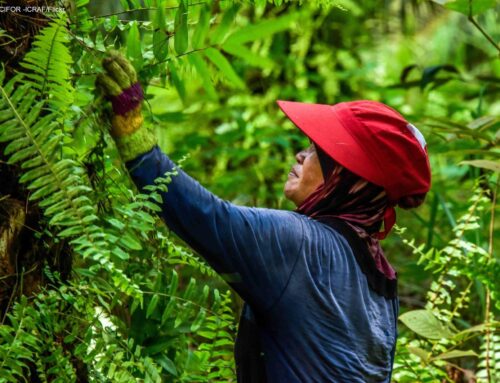The COVID-19 pandemic and the economic shutdown in Indonesia have caused massive disruptions to most peoples’ lives and jeopardize decades of development progress that have been achieved so far. Given that older people experience declining physical, cognitive, and emotional capacities, their capacity to earn income also decreases while the cost of maintaining the quality of life is increasing, especially the cost of health care. In addition, older persons are prone to suffer from non-communicable diseases. Therefore, the older persons are among the vulnerable ones that have been severely impacted by the pandemic at its early stage. Using the data of the impacts of the COVID-19 online survey conducted by BPS-Statistics Indonesia, supported by the mounting evidence from other surveys and writings, we highlight the social, health, and economic impacts of the pandemic on older persons. Most of these impacts are different by individual characteristics that suggest policy implications targeting the most vulnerable ones among the elderly: the oldest old, female older persons, older persons with lower socioeconomic status, and older persons living in rural areas.
Speakers: Professor Sri Moertiningsih Adioetomo (Lembaga Demografi FEB UI) and Elda L. Pardede (Lembaga Demografi FEB UI)
Thursday, 5 August jam 09.30-11.00am WIB
Participate on Zoom (registration required): https://bit.ly/fkp5august
Follow on YouTube bit.ly/fkp-live
Photo by Tyler Morgan on Unsplash
Slides and video for past seminars:





